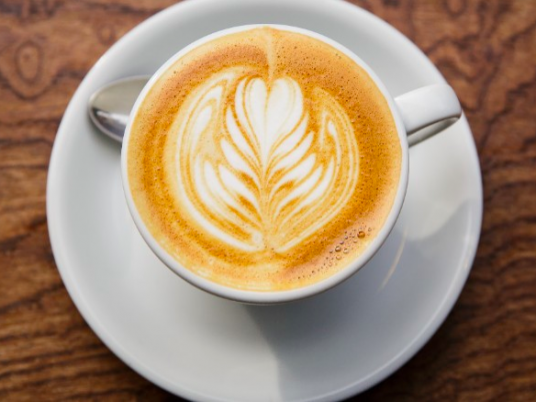A sudden caffeine deprivation can have its toll on those fasting, both mentally and physically. For many, morning coffee seems like a matter of life or death. Here are a few tips to ease away the side effects of withdrawal.
Gradually train your body to be caffeine-free by reducing daily intake of coffee. Start your regiment three to four weeks before the holy month begins.
If you consume more than one cup of coffee a day, try to replace one or more with another caffeine-free drink, such as orange juice, herbal or fruit tea, or apple cider. Hot drinks will have the same soothing effect, minus the addictive element.
Try to get extra rest time during the day to ease the fatigue and the feeling of drowsiness. After iftar, treat yourself to one coffee, but go for a caffeinated blend to lessen its impact.
Irritation and bad temper is one of the biggest symptoms. Try to avoid confrontations and work from home for the first few days if that is possible.
If you suffer from constant headaches or migraines during the hours of fasting, fight it with a painkiller like Excedrin or ibuprofen. Remember to take this right before fajr prayer with a large quantity of water.
Physical exercise also helps relieve symptoms of withdrawal, so opt for a walk or a quick jog right before iftar to boost your energy level and combat depression.
Avoid caffeine pills, because they might contain more caffeine than your regular doses and could make your quitting plan backfire. Also avoid cutting caffeine out completely and all at once, because this could increase the intensity of the symptoms.



